Memory and Power in Post-War Europe: Studies in the Presence of the Past

Summary
How has memory--collective and individual--influenced European politics in the aftermath of the Second World War and the Cold War? How has the past been used in domestic struggles for power, and how have 'historical lessons' been applied in foreign policy? This book is the first to examine the connection between memory and politics directly. The chapters combine theoretical innovation with historical, empirically-grounded case studies of major European countries. This ground-breaking book will be of interest to historians of contemporary Europe, political scientists and sociologists.
Similar Books
-
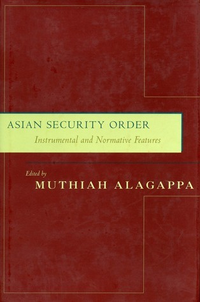 Asian Security Order: Instrumental and Normative Features
Asian Security Order: Instrumental and Normative Featuresby Muthiah Alagappa
-
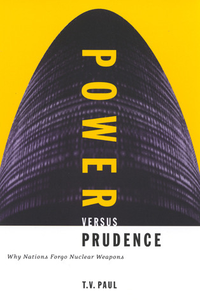
-
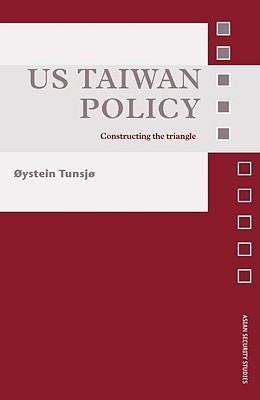 US Taiwan Policy: Constructing the Triangle
US Taiwan Policy: Constructing the Triangleby Øystein Tunsjø
-
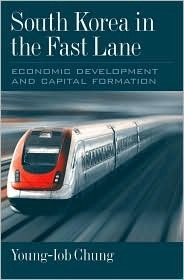 South Korea in the Fast Lane: Economic Development and Capital Formation
South Korea in the Fast Lane: Economic Development and Capital Formationby Young-Iob Chung
-
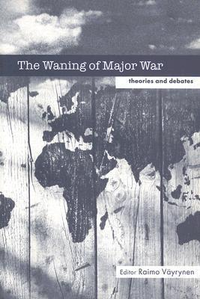 The Waning of Major War: Theories and Debates
The Waning of Major War: Theories and Debatesby Raimo Väyrynen
-
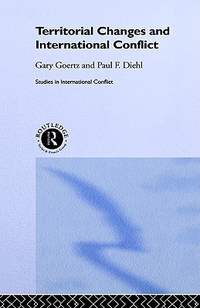 Territorial Changes and International Conflict
Territorial Changes and International Conflictby Paul Diehl
-
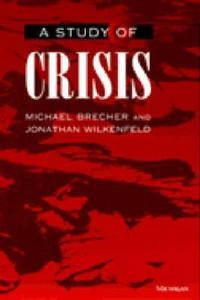 A Study of Crisis
A Study of Crisisby Michael Brecher
-
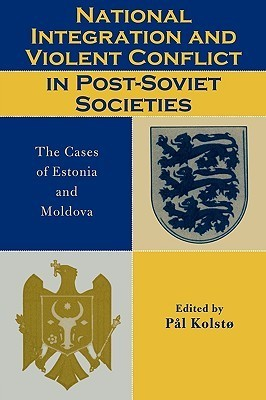
-
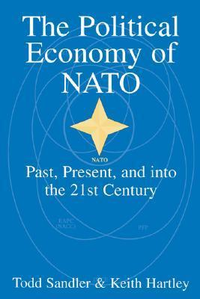
-
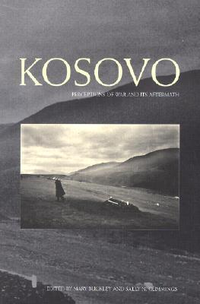 Kosovo: Perceptions of War and its Aftermath
Kosovo: Perceptions of War and its Aftermathby Mary Buckley
-
 Western Use of Coercive Diplomacy After the Cold War: A Challenge for Theory and Practice
Western Use of Coercive Diplomacy After the Cold War: A Challenge for Theory and Practiceby Peter Viggo Jakobsen
-
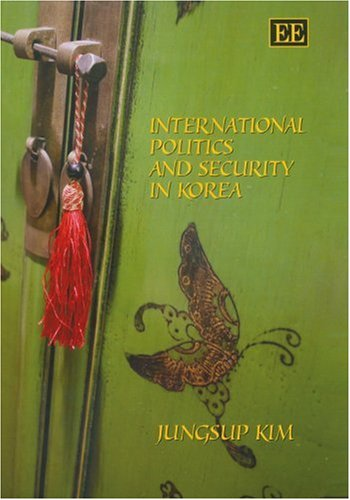 International Politics and Security in Korea
International Politics and Security in Koreaby Jungsup Kim
-
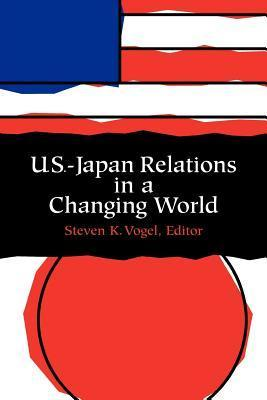 U.S.-Japan Relations in a Changing World
U.S.-Japan Relations in a Changing Worldby Steven Kent Vogel
-
 Territorial changes and international conflict
Territorial changes and international conflictby Gary Goertz
-
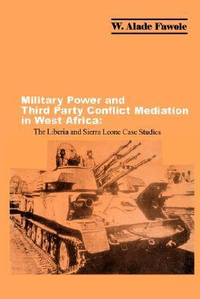
-
 The North And South Korean Political Systems: A Comparative Analysis
The North And South Korean Political Systems: A Comparative Analysisby Sung Chul Yang
-
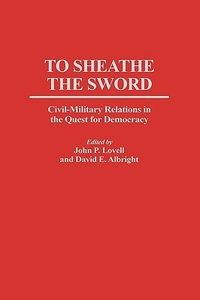
-
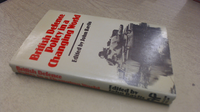 British Defence Policy in a Changing World
British Defence Policy in a Changing Worldby John Baylis